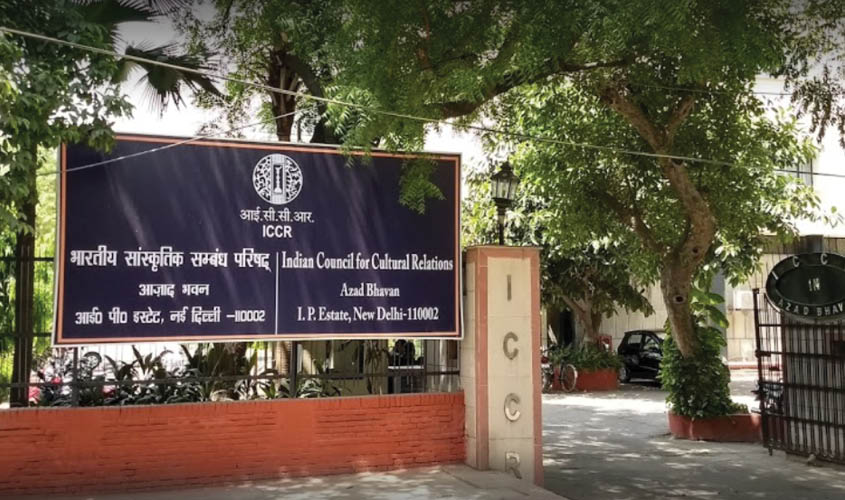NEW DELHI: After receiving several complaints of malpractice and corruption in the placement of foreign students coming to study in India under scholarships offered by the Indian Council for Cultural Relations (ICCR), the organisation has streamlined the procedure for such students—right from admission to alumni, with the help of digitisation to weed out malpractice.
Applications for scholarship and admission that were earlier done manually at the Indian Missions in different countries, have been put on a single digital platform, where the student applying for the scholarship can track the application procedure right from the time of submission of the application on the digitised portal, until the time the student arrives in India.
Not only this, students are being tracked and monitored by ICCR until the completion of the course and during their stay in India through the online portal in which the students have registered during their application for the scholarship programme.
The website also lists the universities, both Central and State, that come under the purview of the ICCR scholarship programme. It helps the students choose at least three universities where they want to be enrolled. The online portal also provides them with the information required when they arrive in India and during their stay. The ICCR has also introduced bridge courses in English to help students from non-English speaking nations, apart from setting up alumni awards for the very first time since 2016.
According to multiple sources in the ICCR and the Ministry of External Affairs (MEA), the need to streamline the process of scholarship was felt after several complaints were received from students from Afghanistan, as well as from Kenya and other African countries. They complained that they were being placed in universities and colleges in remote locations for which they had not applied.
Some highly placed sources in the ICCR and MEA told this newspaper that such activities were going on in the ICCR with the connivance of some officers who had tied up with private institutions in some parts of the country.
A source said: “Dubious methods were being used by ICCR officers with a college in Chittoor, Andhra Pradesh, to get foreign students placed in their institution. Many such placements were against the wishes of the students. The students did not know until they arrived in India that they had been placed in some institution in Chittoor, while they had applied for more reputed institutes.”
A source said that the college would send its representative to the ICCR headquarters in Delhi every year to collect hundreds of applications and would get around 500 foreign students even though not a single student had applied for the Chittoor college in the last two years.
A source in the MEA told this newspaper: “Such colleges do not have even basic facilities, including adequate boarding and lodging facilities. Even the medium of instruction and teaching was in a vernacular language which the students could not understand. Some students even complained of racial discrimination faced at such institutions. Such malpractice was also reported by the students to their respective embassies and high commissions in India. This agitated several Heads of State who had threatened to take up this matter at the highest level in India. Some countries even informed Prime Minister Narendra Modi of this.” To promote goodwill towards India through soft diplomacy, every year, the ICCR makes provisions to grant academic scholarships to some 3,000 to 3,500 students from several nations to come and study in reputed Indian universities and learn about Indian culture and heritage. For the visiting students, ICCR also organises programmes like Bharat Darshan, summer and winter camps and interactions with Indian dignitaries.
Currently, 6,351 ICCR scholars are studying in different Indian universities. Last year, the ICCR granted scholarships to 1,605 students from different countries to study in India.

